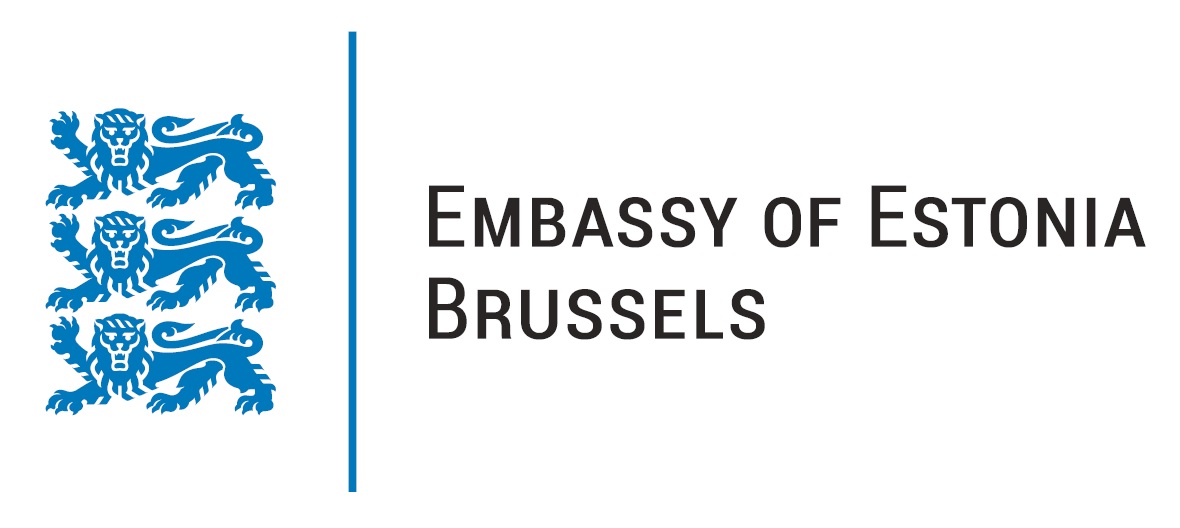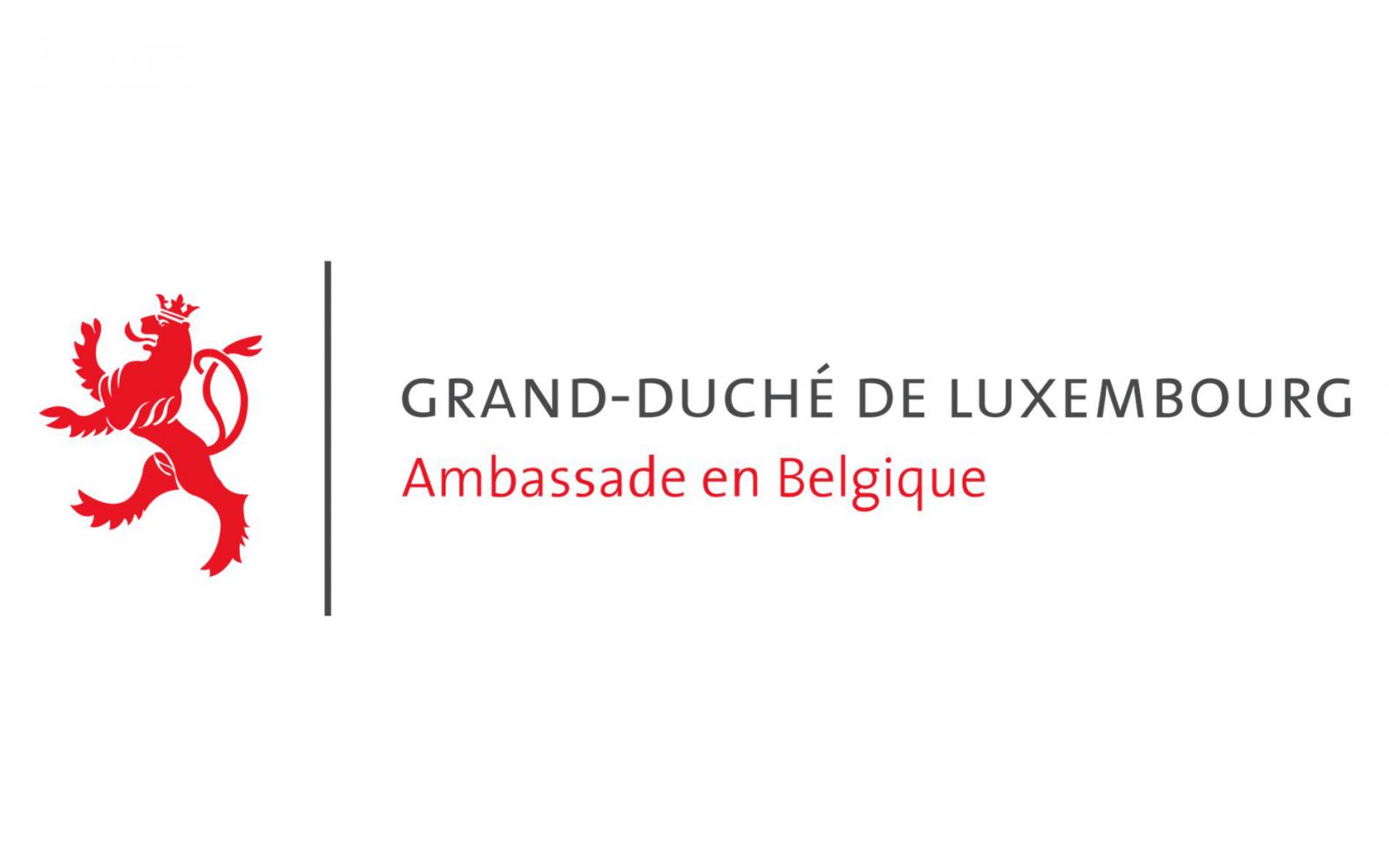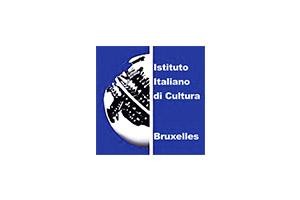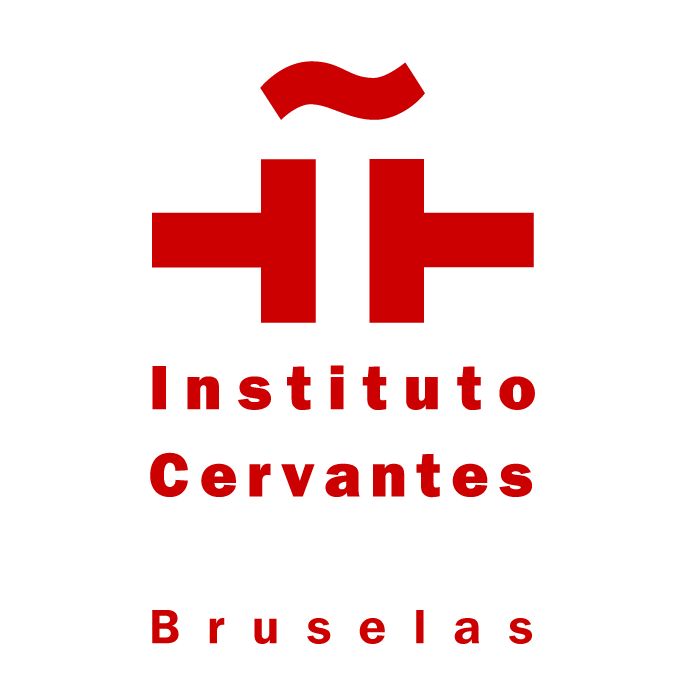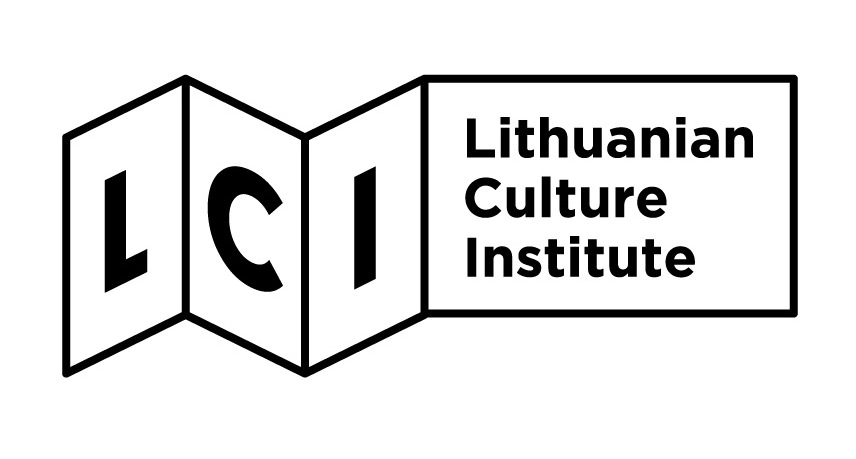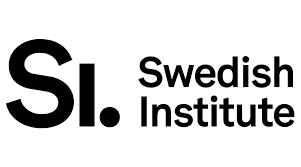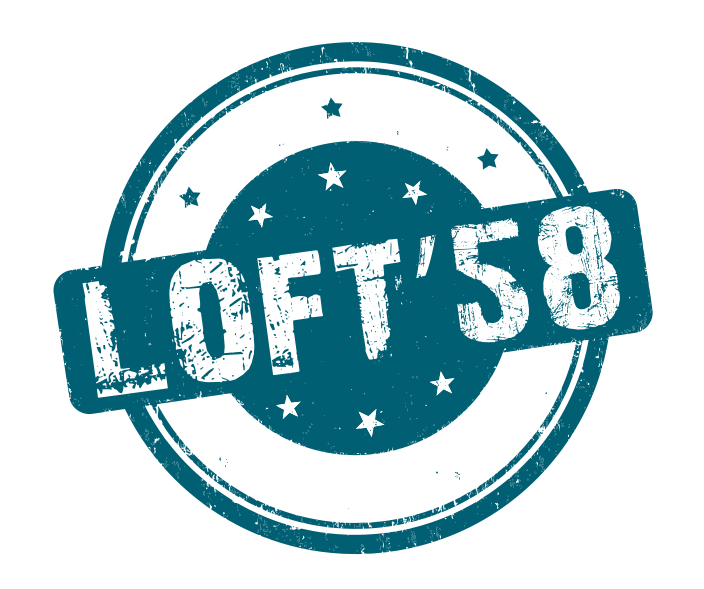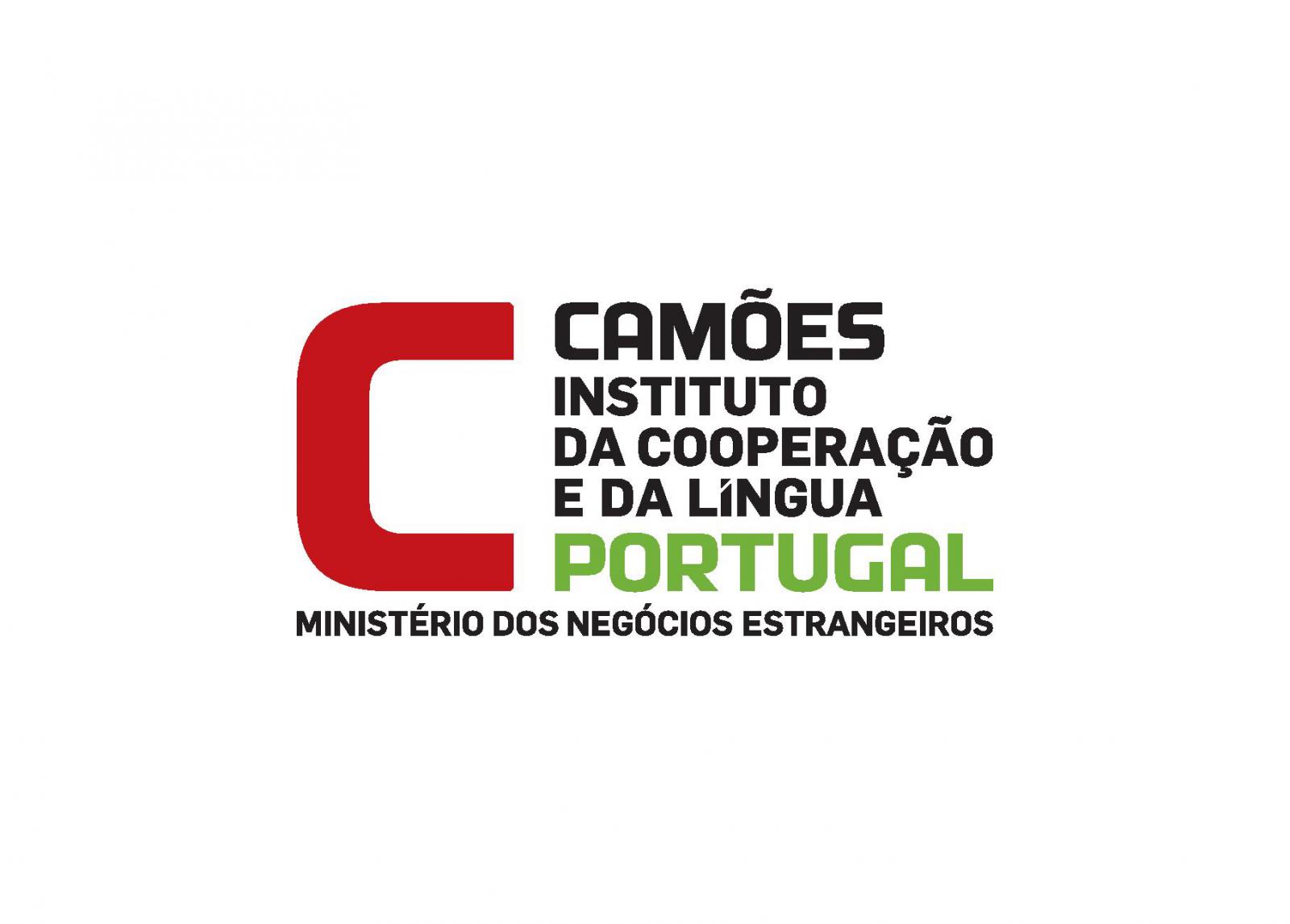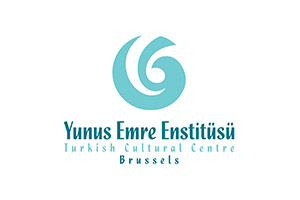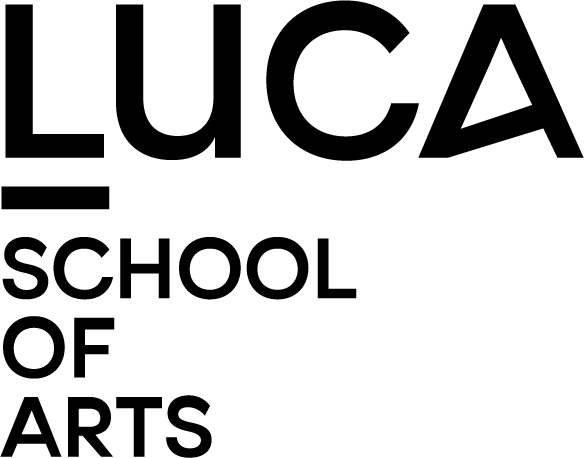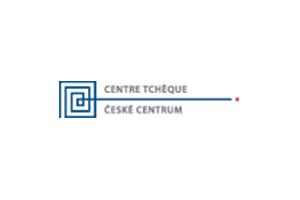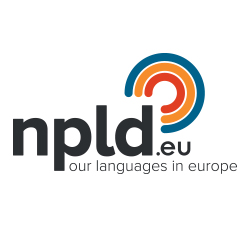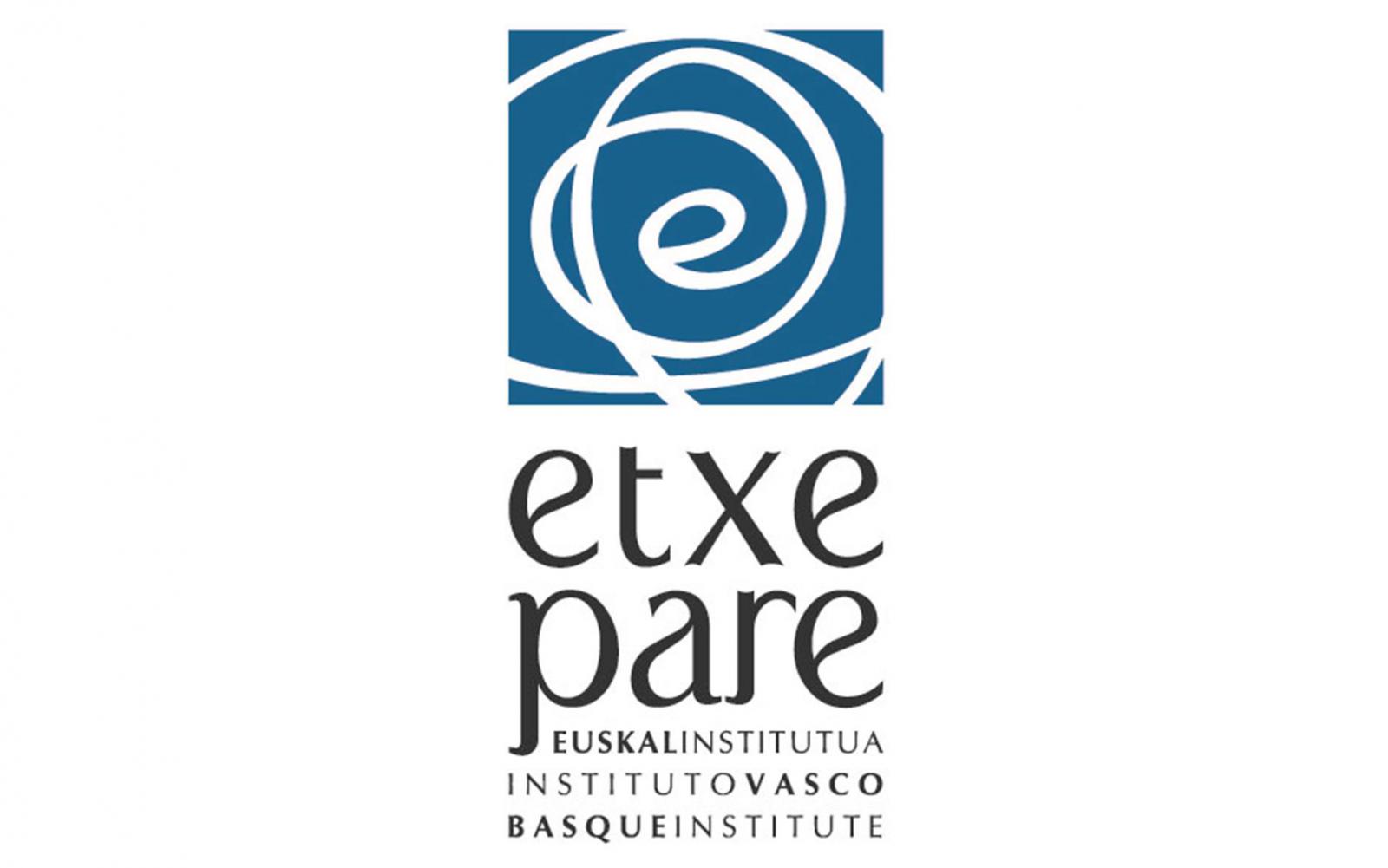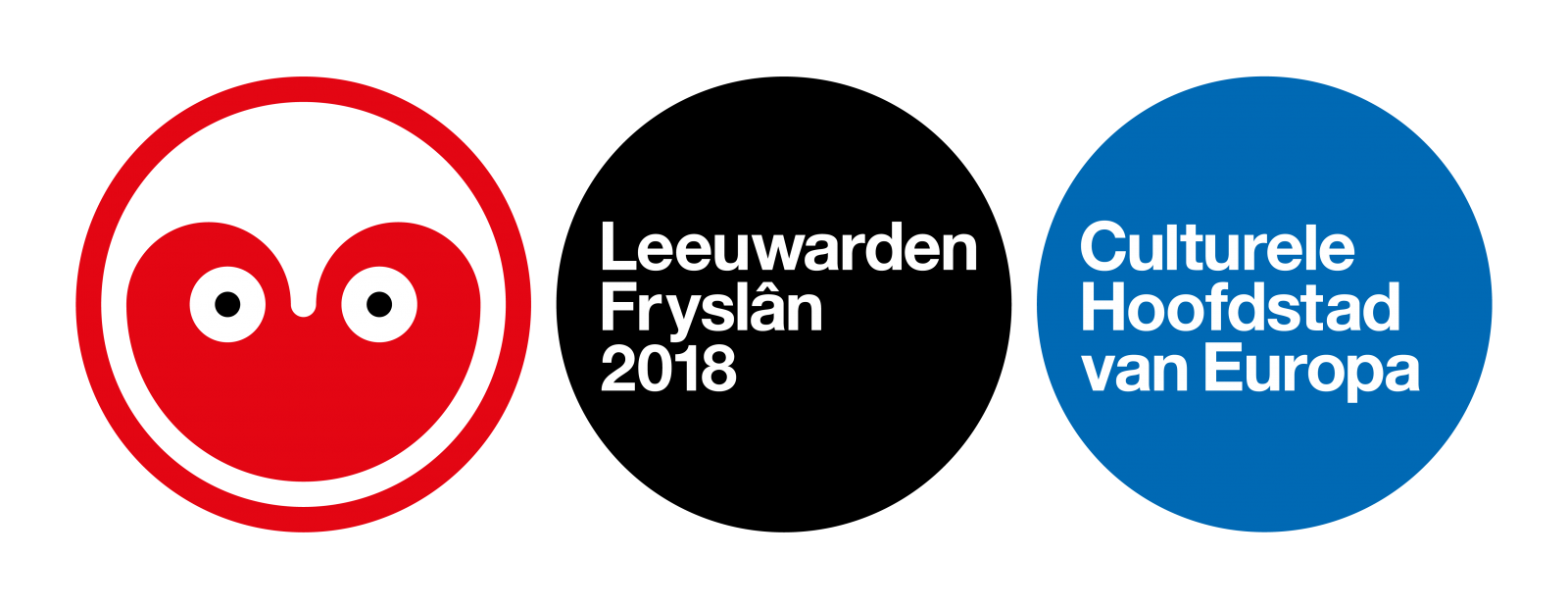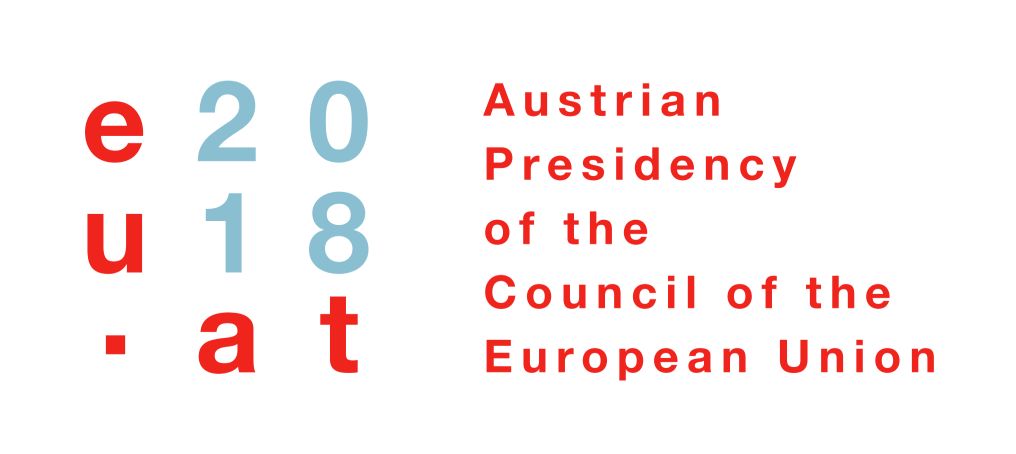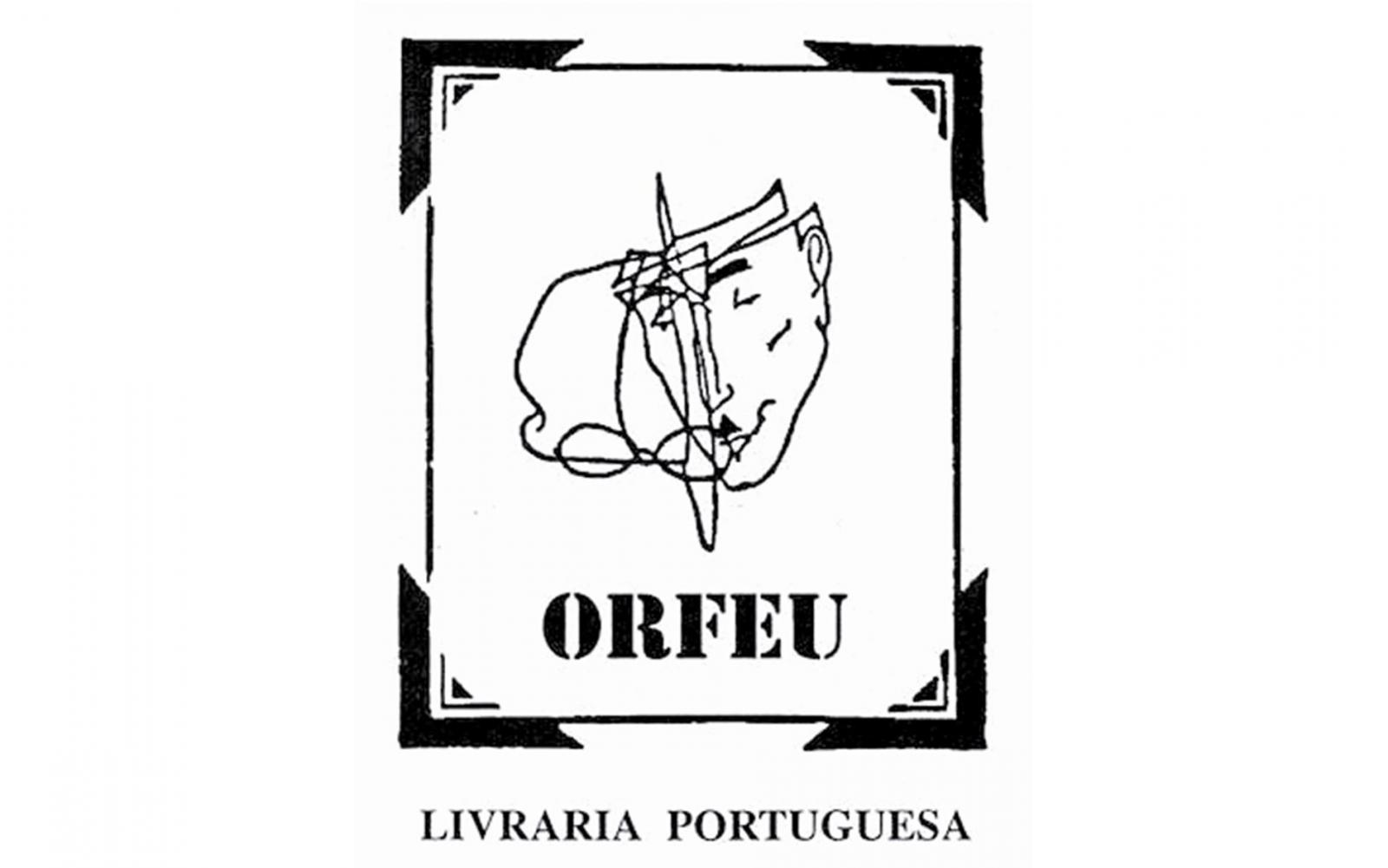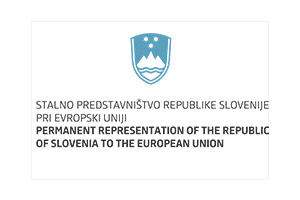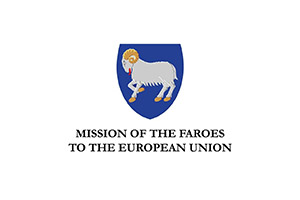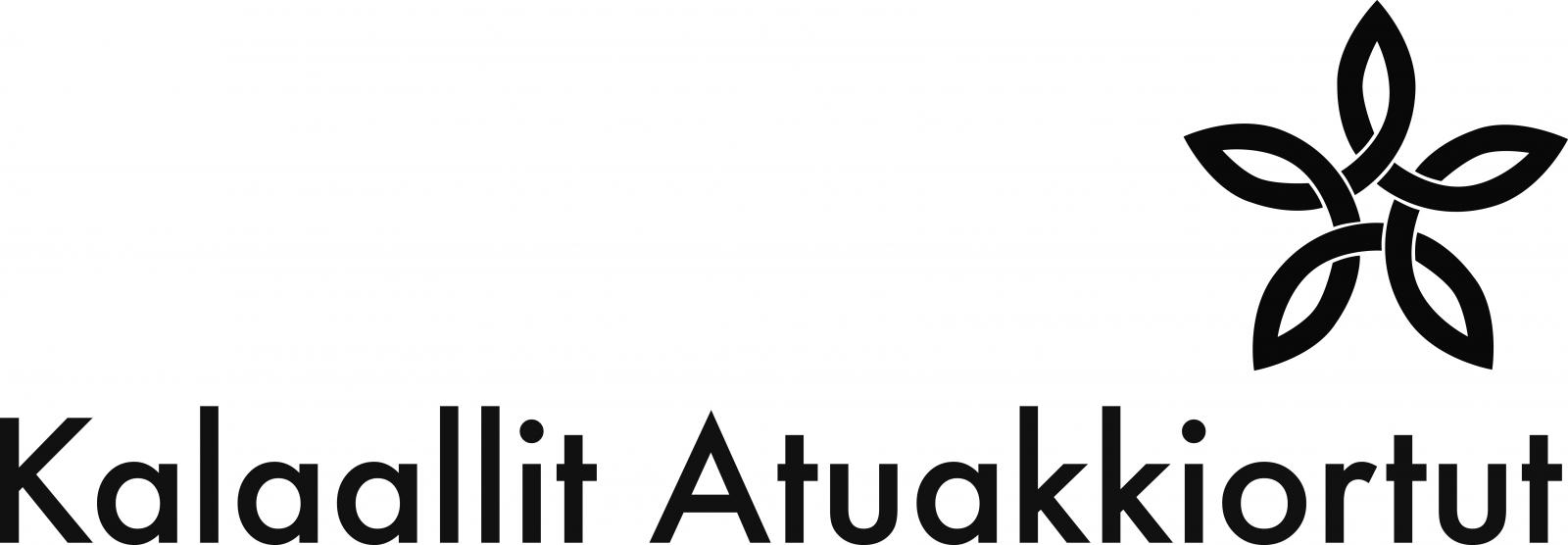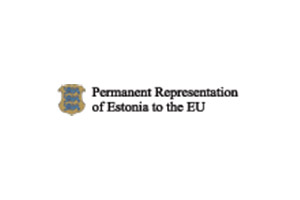Find a poet
Latest updates
-
TRANSPOESIE 2025
09/24/2025 -
Transpoesie 2025 - Programme
09/24/2025 -
Transpoesie 2025 - Open Call
04/16/2025
Kārlis VĒRDIŅŠ
Kārlis Vērdiņš (1979) is a Latvian poet, literary theoretician, author of research papers, monographs, and several collections of poetry, as well as an editor of various publications. Vērdiņš has a Ph.D. in Philology from University of Latvia (2009), and is known for his well-balanced reviews, his research on the prose-poem sub-genre and other subjects in Latvian literary culture (The Social and Political Dimensions of the Latvian Prose Poem, 2010). Vērdiņš is among the Latvian poets most often seen on international literary platforms, he is involved in music projects, and he translates English and American modernists. He has translated several works from Russian, including poems of the well-known creative collective Orbita. His own poems have been included in various collections in English, as well as been translated into Lithuanian, Swedish, Czech, Polish, Slovenian, Basque, and other languages. One of his most touching poems Come to Me was listed by the experts at the Southbank Centre among 50 greatest modern love poems of our day. Among his subjects is love, sex, coming to terms with one's self, all of which he talks about with a great deal of compassion, wit, and sense of irony.
(c) Toms Harjo
Kārlis Vērdiņš (1979) est un poète et théoricien de la littérature letton. Il est l’auteur d’articles scientifiques, de monographies et de plusieurs recueils de poèmes. Vērdiņš est un acteur central du monde des revues et de l’édition. Au terme d’un parcours universitaire brillant, il soutient une thèse de doctorat (PhD) en philologie auprès de l’université de Lettonie (2009). Ses travaux de recherche portent sur le sous-genre du poème en prose (voir en anglais « The Social and Political Dimensions of the Latvian Prose Poem », 2010), et sur divers aspects de la culture littéraire lettone. C’est un critique apprécié pour ses avis nuancés. Vērdiņš est l’un des poètes lettons les plus sollicités sur la scène internationale. Il participe à divers projets musicaux, et sa contribution à la littérature ne se limite pas à la seule langue lettone. On lui doit un certain nombre de traductions vers le letton de poètes modernistes anglais ou américains. Il traduit aussi à partir du russe, notamment les poètes du fameux collectif Orbita. Ses poèmes figurent dans plusieurs anthologies en langue anglaise. Il est abondamment traduit, entre autres, en lituanien, suédois, tchèque, polonais, français, slovène, basque. « Come to Me », l’un de ses poèmes les plus touchants, a été choisi par les experts réunis par le Southbank Centre pour être inscrit sur la liste des 50 plus beaux poèmes d’amour de notre temps. Qualifiée de douce, vibrante, intime, la poésie de Vērdiņš révèle souvent d’une manière à la fois incisive, ludique et directe une vérité dérangeante. L’amour, le sexe ou le rapport à soi sont ses thèmes de prédilection, qu’il aborde toujours avec un sens aigu de la compassion, avec esprit et ironie. Le poète et critique Gregory Wood observe que « son “Je” lyrique est extrêmement difficile à cerner : il semble détaché tout en étant engagé, précis tout en restant vague, riche en matériau inventé tout en fixant avec netteté des souvenirs authentiques ». Vērdiņš a été qualifié par ses pairs de « poète letton le plus honnête de sa génération ».
(c) Toms Harjo
Kārlis Vērdiņš (1979) is een Letse dichter, literair theoreticus, auteur van onderzoekspapers, monografieën en verschillende poëziebundels, evenals redacteur van diverse publicaties. Vērdiņš heeft een succesvol academisch pad bewandeld; hij haalde zijn doctorstitel in de Filologie aan de Universiteit van Letland (2009). Hij staat bekend om zijn evenwichtige recensies, zijn onderzoek naar het subgenre ‘prozagedichten’ en andere onderwerpen in de Letse literaire cultuur (De sociale en politieke dimensies van het Letse prozagedicht, 2010). Vērdiņš is een van de Letse dichters die het vaakst op internationale literaire podia te zien is. Hij is betrokken bij muziekprojecten en zijn bijdrage aan de kunst beperkt zich niet tot de Letse taal – hij vertaalt Engelse en Amerikaanse modernisten en heeft verschillende werken uit het Russisch vertaald, waaronder gedichten van het bekende creatieve collectief Orbita. Zijn eigen gedichten zijn in verschillende Engelstalige bloemlezingen opgenomen en daarnaast vertaald in, onder meer, het Litouws, Zweeds, Tsjechisch, Pools, Sloveens en Baskisch. Een van zijn meest ontroerende gedichten ‘Kom naar mij’ werd door de experts van het Southbank Centre tot de vijftig grootste moderne liefdesgedichten van onze tijd gerekend. De poëzie van Kārlis Vērdiņš kan gezien worden als zachtaardig, levendig en intimistisch; ze onthult vaak ongemakkelijke waarheden op een doordringende, speelse en vertellende manier. Tot zijn thema’s behoren liefde, seks, in het reine komen met jezelf, die hij allemaal behandelt met een flinke dosis mededogen, humor en gevoel voor ironie. De dichter en criticus Gregory Woods heeft opgemerkt dat ‘je hem heel moeilijk op één identiteit kunt vastpinnen, ogenschijnlijk afstandelijk is hij zeer betrokken, nauwgezet is hij vaag, allerlei verzinnend legt hij accuraat de herinnering vast’. Vērdiņš wordt door zijn collega’s ‘de oprechtste Letse dichter van zijn generatie’ genoemd.
(c) Toms Harjo

 Toms Harjo.jpg)
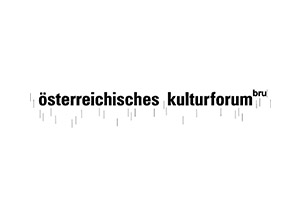
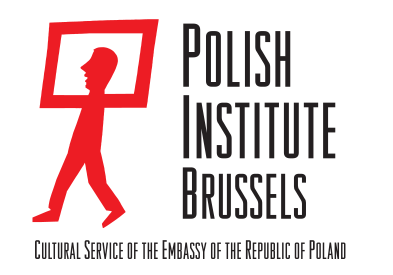
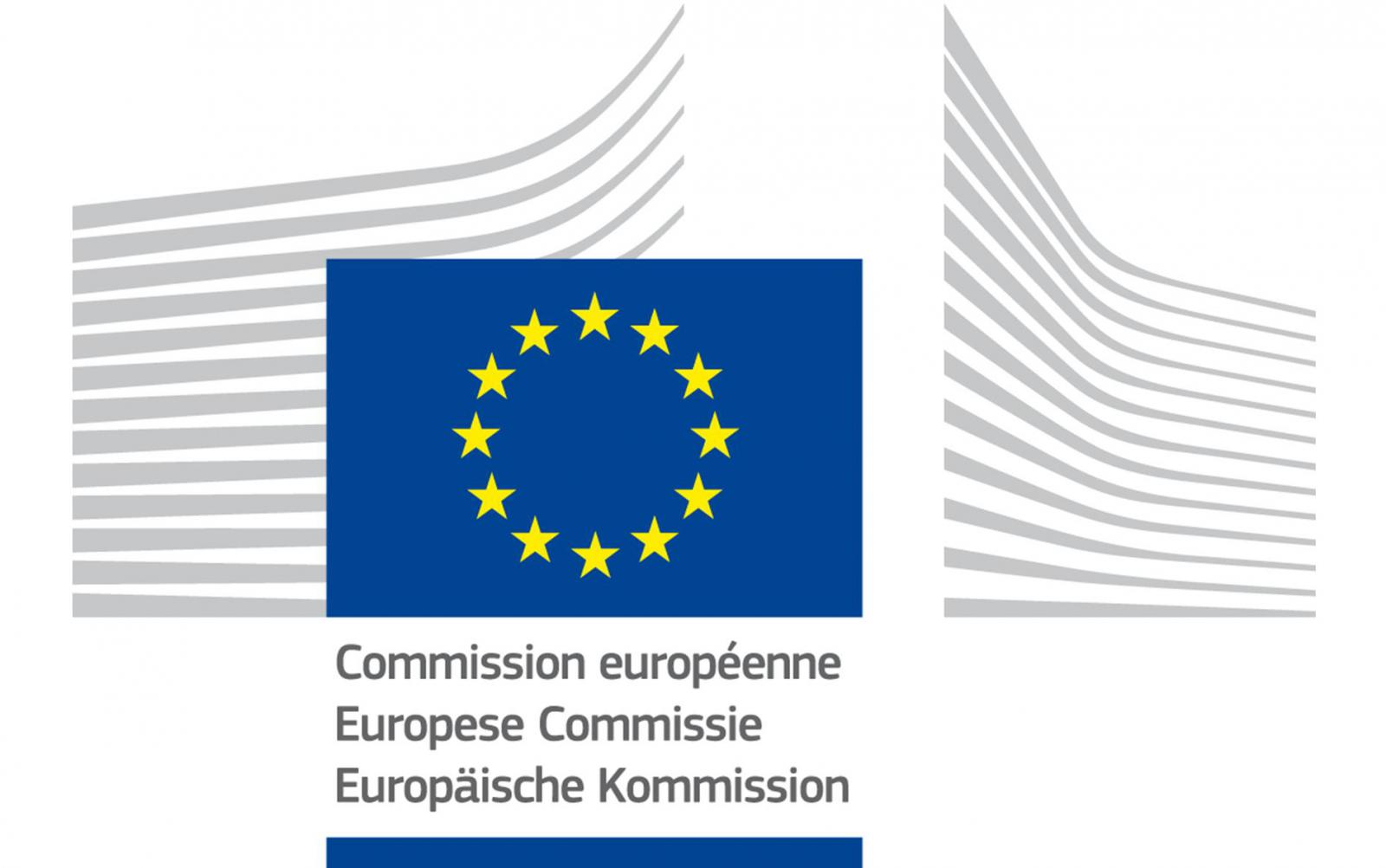

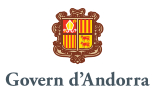
/RO - on the website.png)
